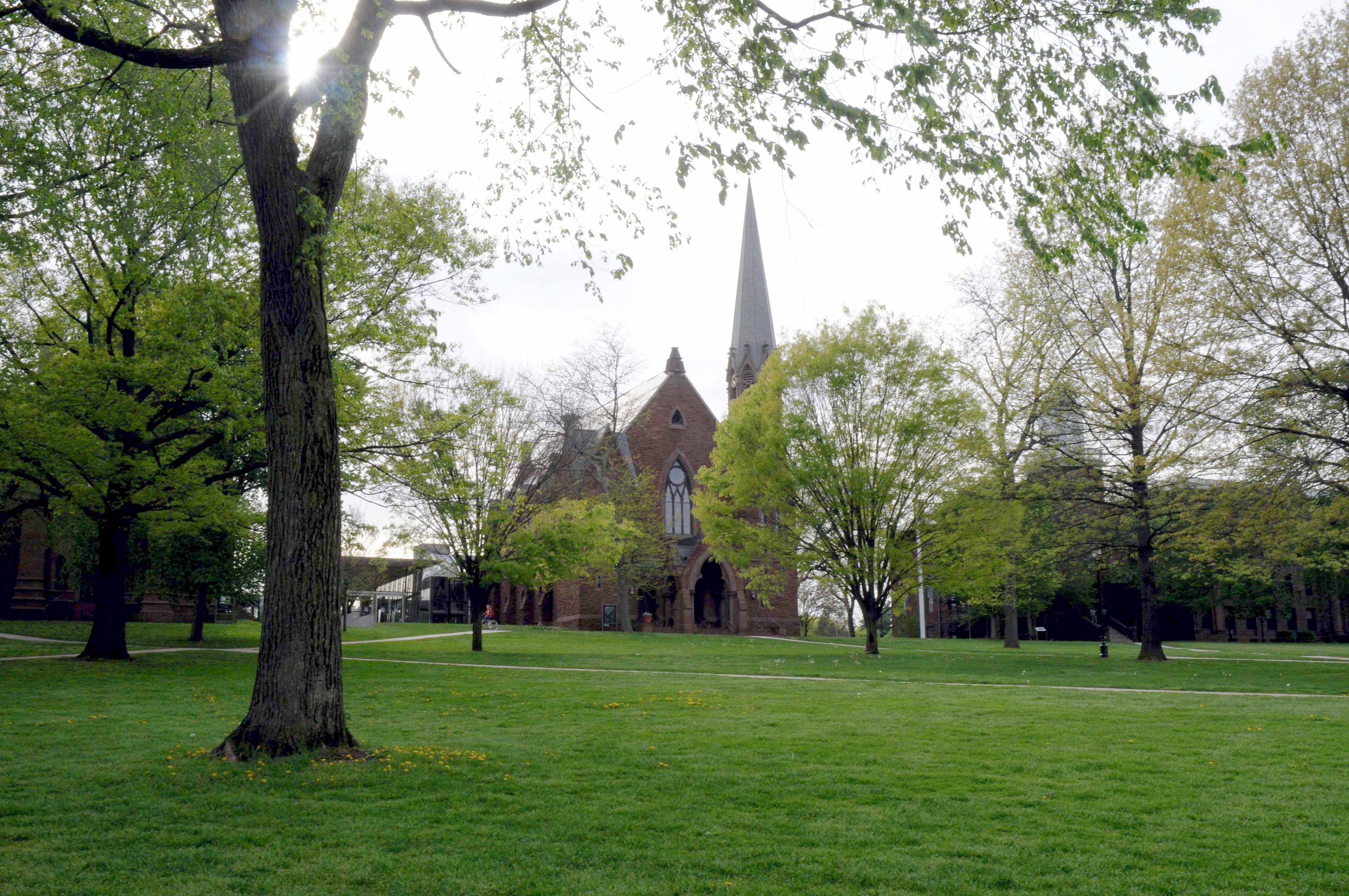Wesleyan University becomes latest school to end legacy admissions
Wesleyan University in Connecticut has become the latest school to end a policy of giving preferential treatment in admissions to those whose families have historical ties to the school

Your support helps us to tell the story
From reproductive rights to climate change to Big Tech, The Independent is on the ground when the story is developing. Whether it's investigating the financials of Elon Musk's pro-Trump PAC or producing our latest documentary, 'The A Word', which shines a light on the American women fighting for reproductive rights, we know how important it is to parse out the facts from the messaging.
At such a critical moment in US history, we need reporters on the ground. Your donation allows us to keep sending journalists to speak to both sides of the story.
The Independent is trusted by Americans across the entire political spectrum. And unlike many other quality news outlets, we choose not to lock Americans out of our reporting and analysis with paywalls. We believe quality journalism should be available to everyone, paid for by those who can afford it.
Your support makes all the difference.Wesleyan University in Connecticut announced Tuesday that it has become the latest school to end its policy of giving preferential treatment in admissions to those whose families have historical ties to the school.
Wesleyan President Michael Roth sent a letter to the university community saying that a student's “legacy status” has played a negligible role in admissions, but would now be eliminated entirely.
“We still value the ongoing relationships that come from multi-generational Wesleyan attendance, but there will be no 'bump' in the selection process,” he wrote. “As has been almost always the case for a long time, family members of alumni will be admitted on their own merits.”
Legacy policies have been called into question after last month's Supreme Court ruling banning affirmative action and any consideration of race in college admissions. The court's conservative majority effectively overturned cases reaching back 45 years, forcing institutions of higher education to seek new ways to achieve diverse student bodies.
In recent years, several schools, including Amherst College in Massachusetts, Carnegie Melon University in Pennsylvania and Johns Hopkins University in Maryland have also eliminated legacy admissions.
And a Civil Rights complaint was recently filed against Harvard University over its legacy admissions policy.
Lawyers for Civil Rights, a nonprofit based in Boston, which filed the complaint on behalf of Black and Latino community groups in New England, argued in that complaint that students with legacy ties are up to seven times more likely to be admitted to Harvard, can make up nearly a third of a class and that about 70% are white.
“Harvard is on the wrong side of history – but can change this by joining Wesleyan and scores of other institutions in eliminating donor and legacy preferences voluntarily,” the group said in a statement Tuesday.
In addition to ending legacy admissions, Roth said, Wesleyan, a liberal arts school with about 3,000 undergraduates, is also increasing efforts to ensure diversity in the student body. Among other things he said the school: will create scholarships for students from Africa, better develop a pipeline for veterans to apply to the school, enhance community college recruiting and ensure the sustainability of the school's degree program for prisoners.
“Our admission decision is based upon diverse facets of the individual’s history, talent, potential to contribute to the university and get the most out of a Wesleyan education,” Roth wrote. “Applicants’ achievements and promise are carefully considered in the context of their respective schools, public engagement, and personal circumstances. We will continue to do all of this.”